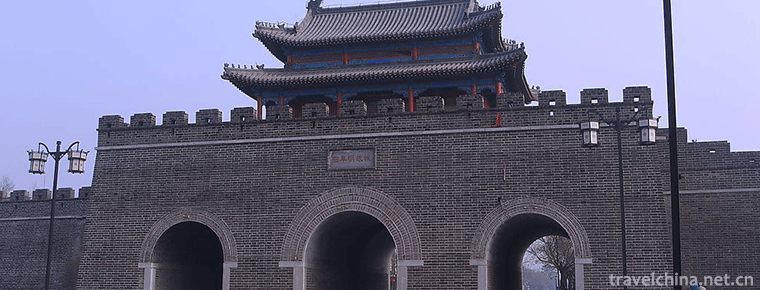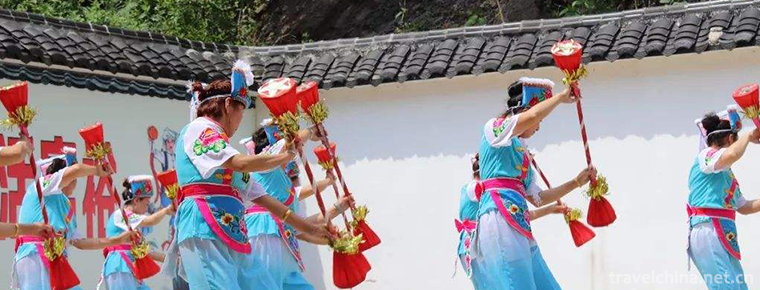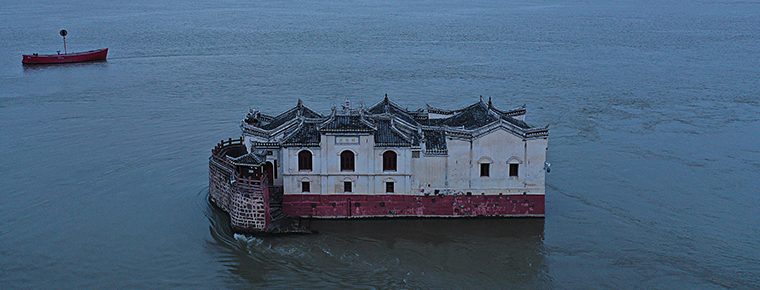2019-02-07

- By ChinaWiki.net
- Chinese Edition
- 2020-12-11
Cheongsam production technology
Most of the classical flag dresses have straight lines. The body is loose and the two sides are split. The bust and waist circumference are close to the size of the dress. The appearance of cheongsam is generally required to have all or part of the following characteristics: the opening or half opening form of the right lapel, the collar button, the side slit, and the plane cutting of the single piece material and the body with sleeves. Slitting is just one of the many characteristics of cheongsam, not the only one, and it is not necessary.
Art is a kind of social ideology which reflects the social life and the author's thoughts and feelings by creating images. After the evolution of designers and cheongsam in the first half of the 20th century, the basic characteristics and elements of cheongsam gradually stabilized. Cheongsam has become a kind of classic women's clothing and one of the sources of inspiration for designers. Cheongsam is the traditional fashion of Chinese women in modern times, not the formal traditional national costume. It not only has the vicissitudes of the past, but also has a new era. Cheongsam itself has a certain historical significance, coupled with a high degree of appreciation, so it has a certain collection value.
The characteristics of the cheongsam in the Republic of China, which are consistent with the aesthetic taste of Western costumes, are not accidental. At that time, Shanghai, a metropolis with mixed Chinese and Western cultures, was the one with the most conditions for the birth of the cheongsam of the Republic of China. Although the evidence of its birth in Shanghai is not conclusive, we can still assert that Shanghai style robes are the typical cheongsam of the Republic of China. If we are more bold, we can further assume that the modern cheongsam, or the narrow cheongsam, is the Shanghai style cheongsam. Because in the minds of ordinary people, the association or image caused by the word cheongsam is the Shanghai style cheongsam in the 1930s and 1940s. Beijing school and Shanghai school represent two styles of art and culture. Concise.
Modern cheongsam entered the era of three-dimensional modeling. Darts appeared on the garment pieces, and the waist was more fitted with western style sleeves. The length of cheongsam was greatly shortened, and the waist became more and more fit.
Ask a Question
Your email address will not be published.



0 Questions